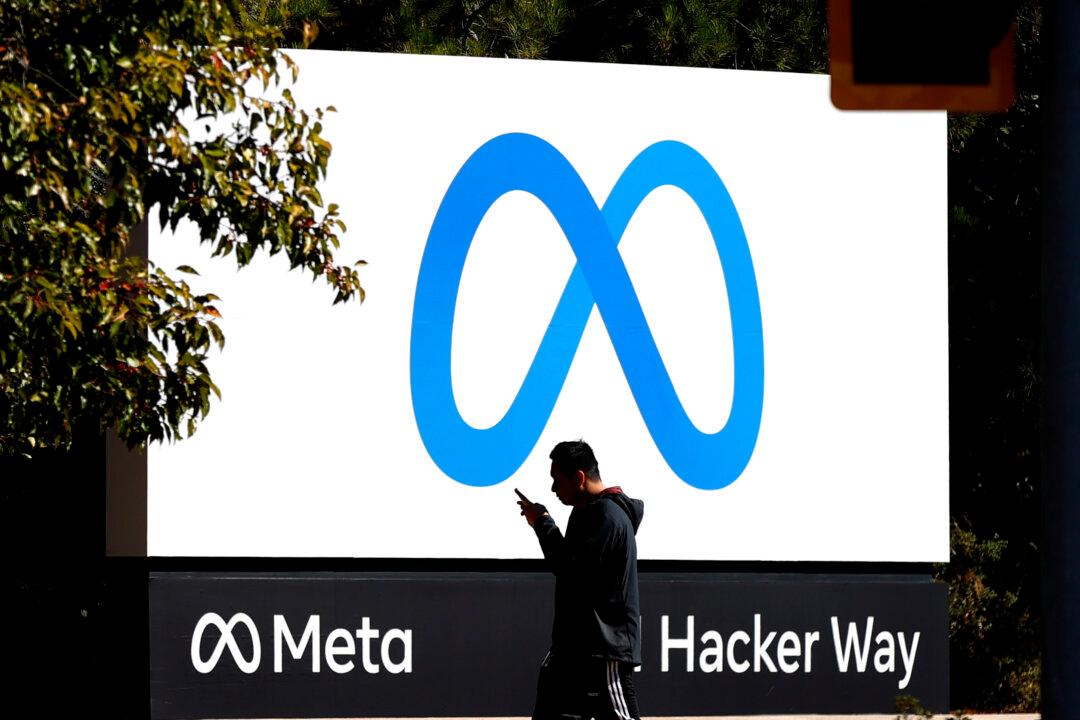From January 2021 to early 2022, big names in tech took a deep dive, with companies like Facebook/Meta, Netflix, Shopify, PayPal, Zoom, and Square leading the plunge. These companies have lost more than $1.1 trillion in market capitalization from their peaks during 2021, per analysis by A Wealth of Common Sense, a blog written by Ben Carlson, a manager at Ritholtz Wealth Management, LLC. Their performance calls into question what’s ahead for the tech world, both for individual firms and the industry at large.
After Facebook/Meta reported lower-than-expected fourth-quarter earnings in 2021, the company dropped nearly $237 billion in market capitalization the following day, the biggest one-day loss for a publicly traded company in the history of the stock market. The drop pulled down shareholders and impacted founder CEO Mark Zuckerberg’s net worth. Zuckerberg has been booted off of the top 10 list of the Bloomberg Billionaire Index as a result.





